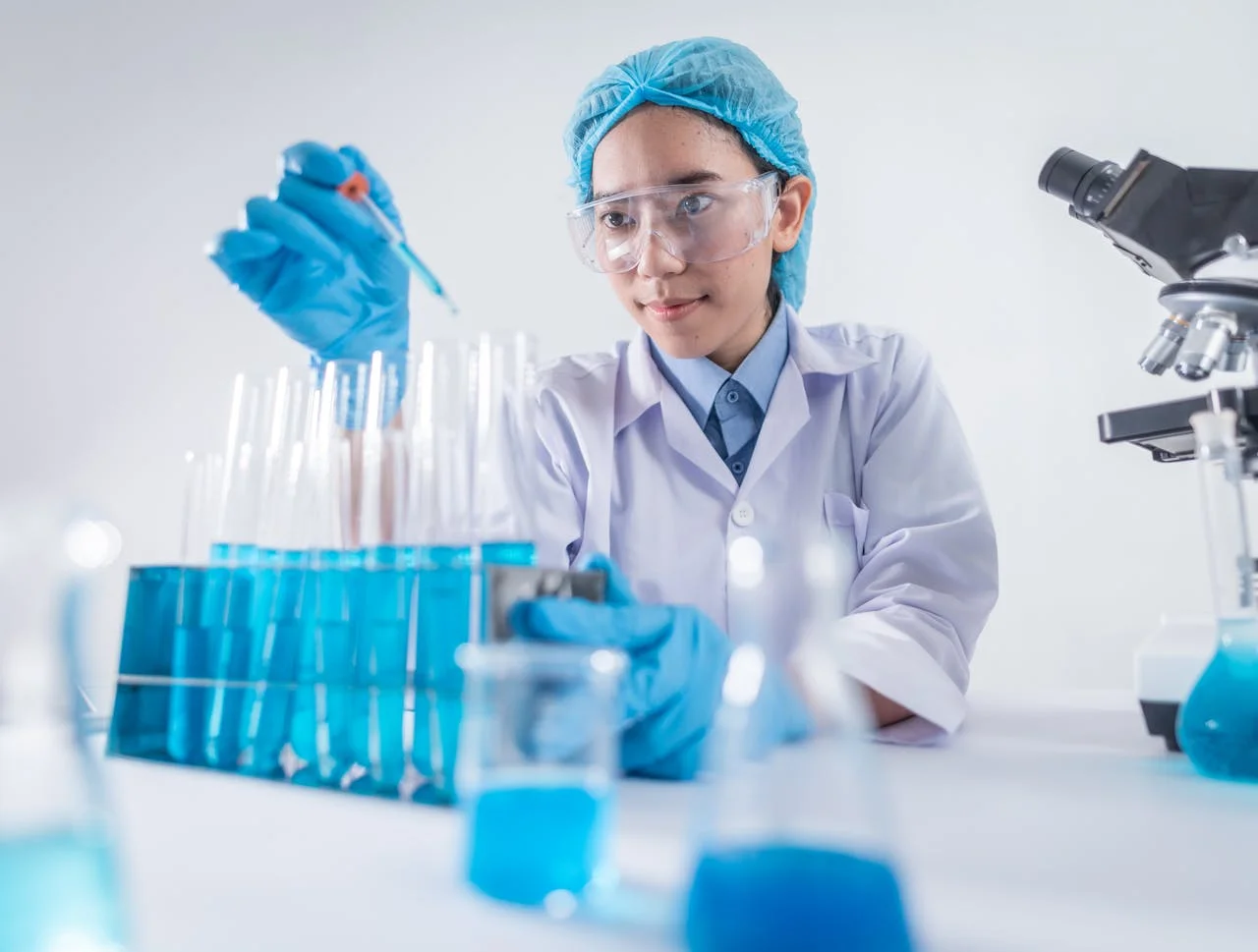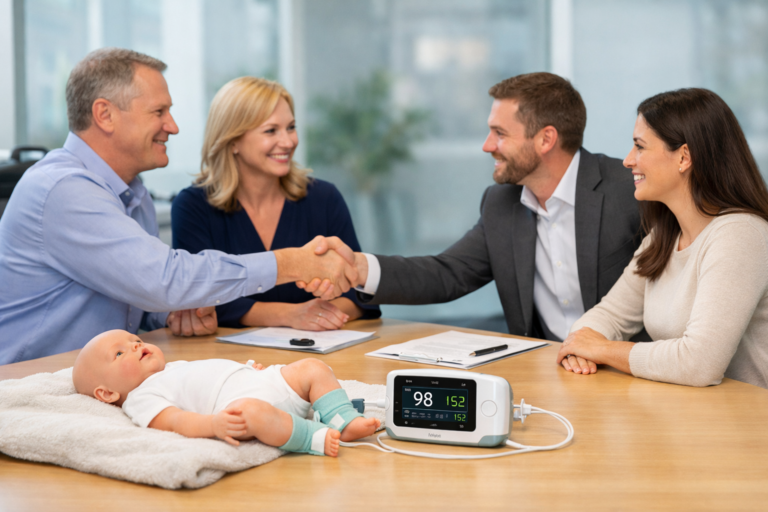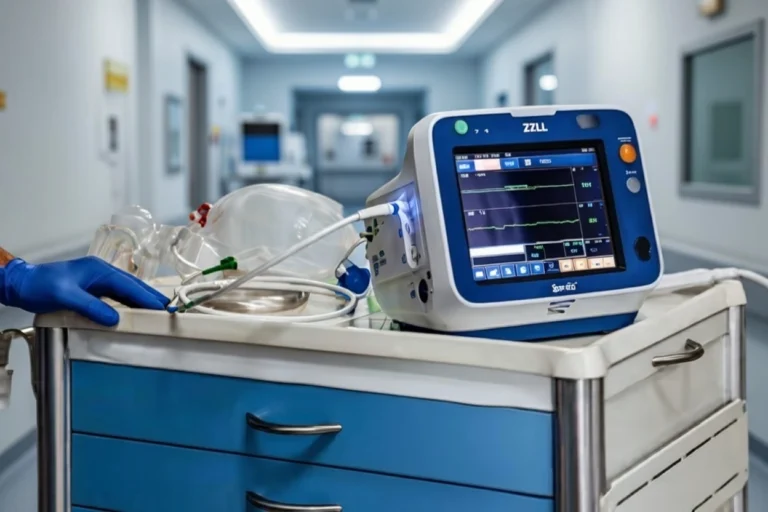
On July 4, 2023, Lafayette, Louisiana experienced a seemingly typical Fourth of July, with kids playing soccer, families preparing for barbecues, and the familiar Louisiana heat enveloping the town. However, this day was marked by an intense heatwave, making it far from ordinary. With temperatures soaring and the heat index reaching 110 degrees, Lafayette found itself in the grip of a scorching summer, reflective of a broader trend seen worldwide.
Last summer ranked as the hottest on record globally, a concerning phenomenon monitored by scientists since 1880. Lafayette, like many places, witnessed a surge in heat-related illnesses, sending residents rushing to local clinics and emergency rooms. Crystal Decuir, Chief Nursing Officer at Lafayette’s SWLA Center for Health Services, recalls the sudden influx of patients suffering from heat exhaustion and severe dehydration, highlighting the unforeseen health risks posed by extreme heat.
Across the country in Boston, Dr. Caleb Dresser observed similar patterns in the ER, underscoring the escalating health impact of climate change. The World Economic Forum predicts a staggering 14.5 million deaths by 2050 due to extreme weather events, including heatwaves, disproportionately affecting vulnerable populations lacking access to resources such as air conditioning and transportation.
Recognizing the urgent need to address these challenges, Johnson & Johnson is backing the Climate Health Equity for Community Clinics Program, a collaboration between Americares and Harvard Chan C-CHANGE. Paulette Frank, Chief Sustainability Officer at Johnson & Johnson, emphasizes the program’s focus on leveraging expertise and resources to confront one of the most significant health threats of our time.
The initiative aims to fortify climate resilience in over 100 free and charitable clinics nationwide by 2025, prioritizing underserved communities. Elena Ateva of Americares stresses the program’s commitment to equity, ensuring that marginalized populations receive the support and protection they urgently need.
SWLA in Lafayette is among the pioneering clinics chosen for the program, serving a patient demographic deeply impacted by poverty and environmental challenges. Decuir recounts poignant instances where patients, unaware of the dangers of extreme heat, fell ill due to lack of knowledge and resources.
Education and prevention emerge as critical strategies in mitigating heat-related health emergencies. Clinics participating in the program will utilize a tailored assessment tool to develop targeted interventions, ranging from community outreach initiatives to facilitating access to essential resources like fans and sunscreen.
SWLA plans to implement proactive measures such as early dissemination of heat safety information and stockpiling ice packs ahead of the heat season. The program’s holistic approach extends beyond heat-related issues to address future challenges, including the threat of wildfire smoke.
As communities grapple with the multifaceted impacts of climate change, collaboration and proactive measures offer hope in safeguarding public health. The Climate and Health Equity for Community Clinics Program exemplifies Johnson & Johnson’s commitment to combating health inequities and fostering resilience in the face of environmental challenges.





